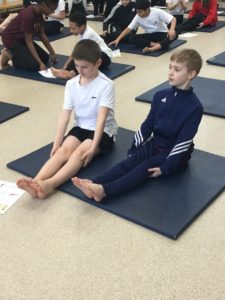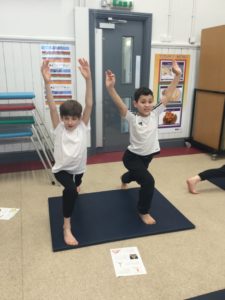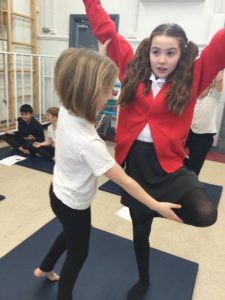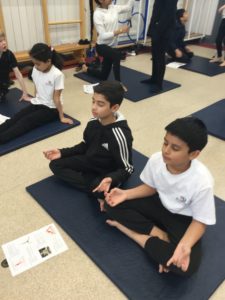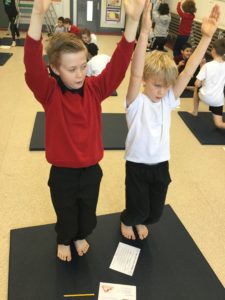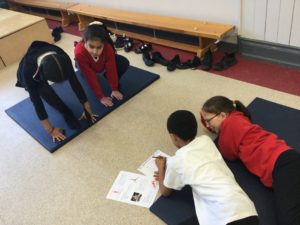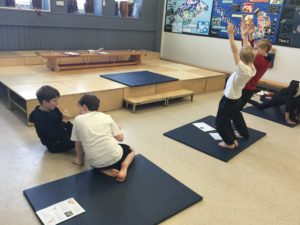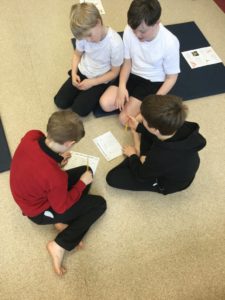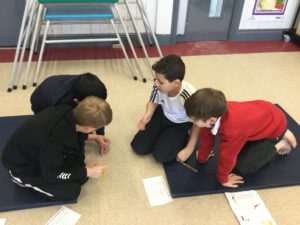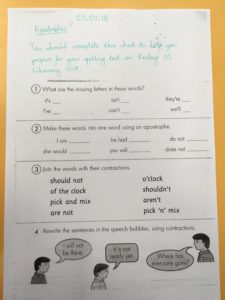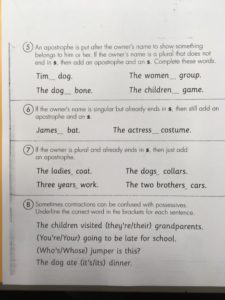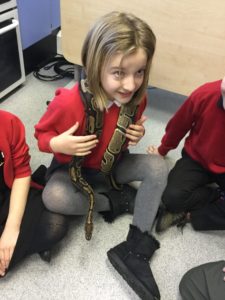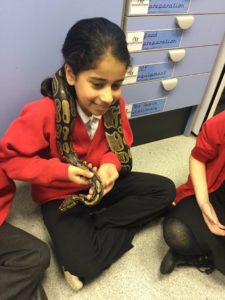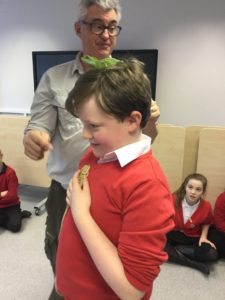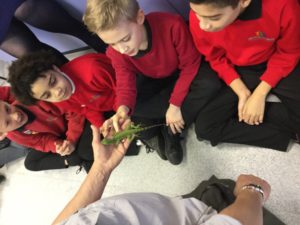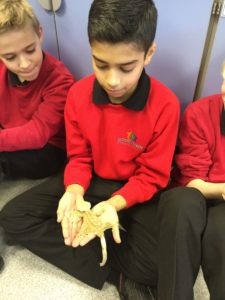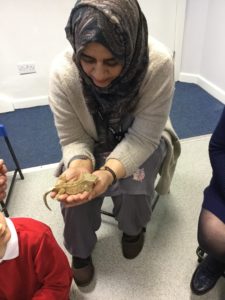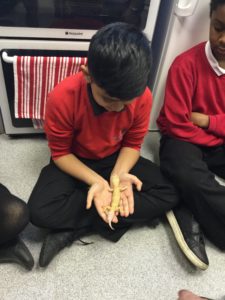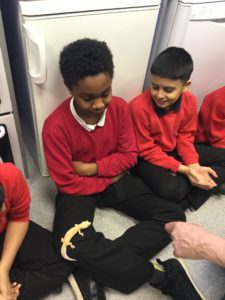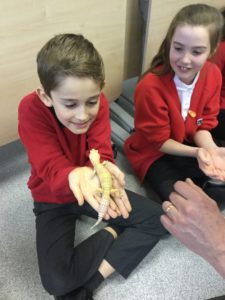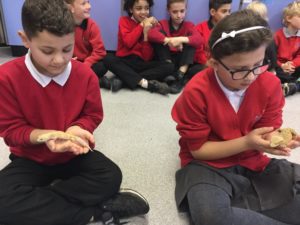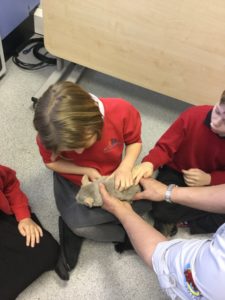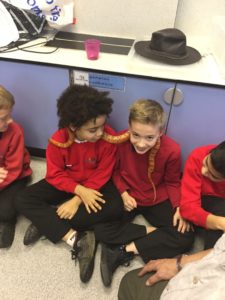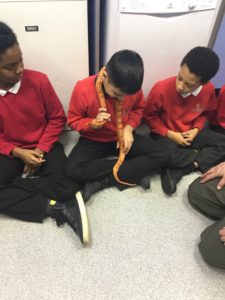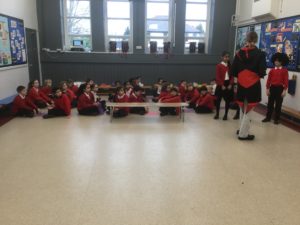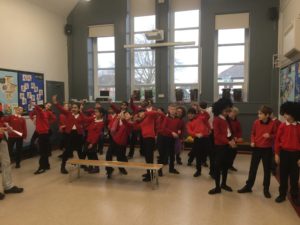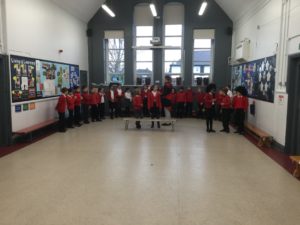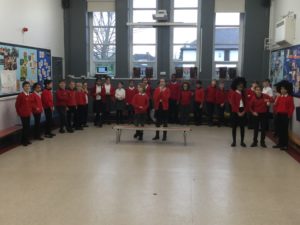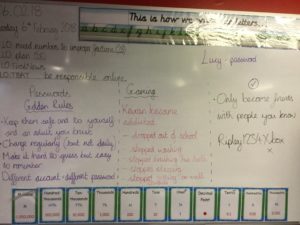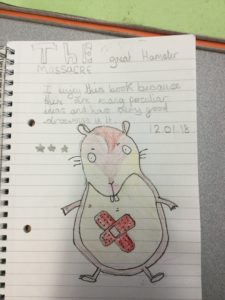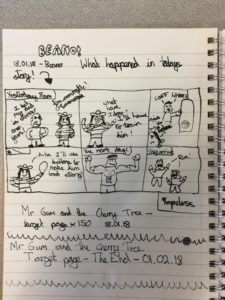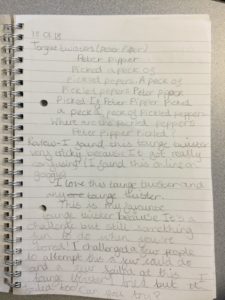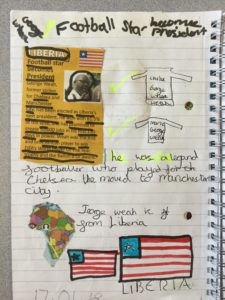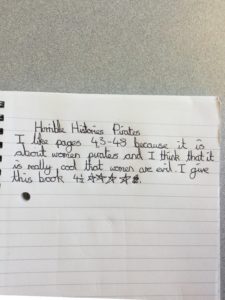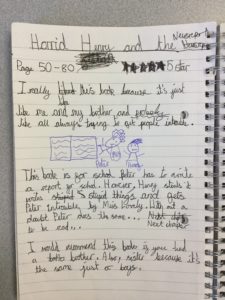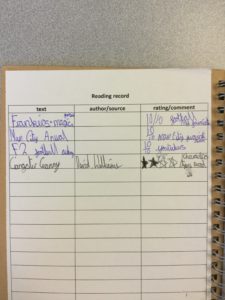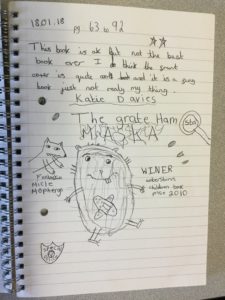This afternoon, we continued to think about ‘Being Me’. In particular, we focussed on body image. After defining what body image is, we discussed how some people (according to some research as much as 50% of young people) have a negative view of their body image.
We learnt that this could be influenced by a range of external factors: the media, our friends, our family, our culture, our religion, our role models, advertisements, the TV and famous people. Then, we created a ‘diamond nine’ of how these things affect us.
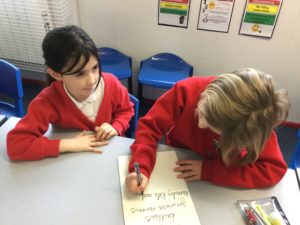
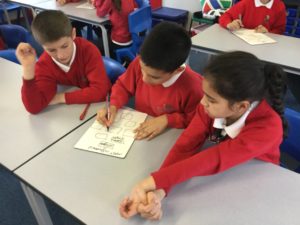
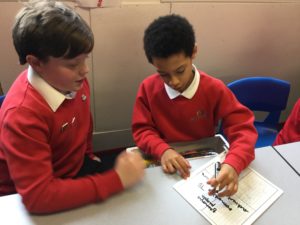
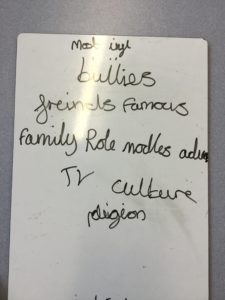
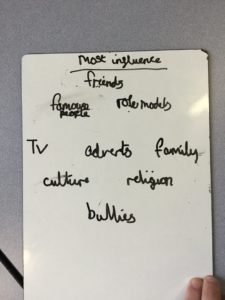
Focusing on how the media may affect how we view ourselves, we watched this video and discussed the impact changing the way someone looks could have on others.
We then thought about someone who is special to us and wrote down all the things that make them special. We noticed that hardly any of them were related to the way they looked.
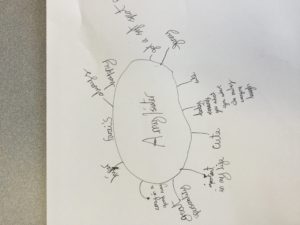
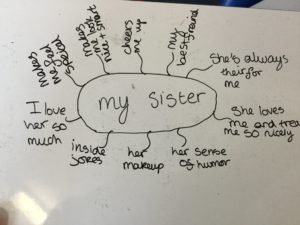
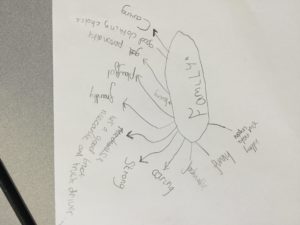
After this, we thought about what makes us special and celebrated how good it is to be us. Finally, we summarised our learning in one sentence:
- Albert: ‘It doesn’t matter what you look like – it matters about your actions.’
- Josh: ‘It’s good to be me.’
- Isaac: ‘It doesn’t matter who you are or what you look like, just be you!’
- Theo: ‘It doesn’t matter what you look like, we’re all the same.’
- Martha: ‘I’ve realised that it doesn’t matter what we look like. I don’t care what people think – THIS IS ME!’
- Sachpreet: ‘No matter who you are, just be yourself.’
- Grace: ‘I can be myself and I don’t care what other people think – it matters what I think!’
- Kai: ‘Don’t be afraid of who you are!’
